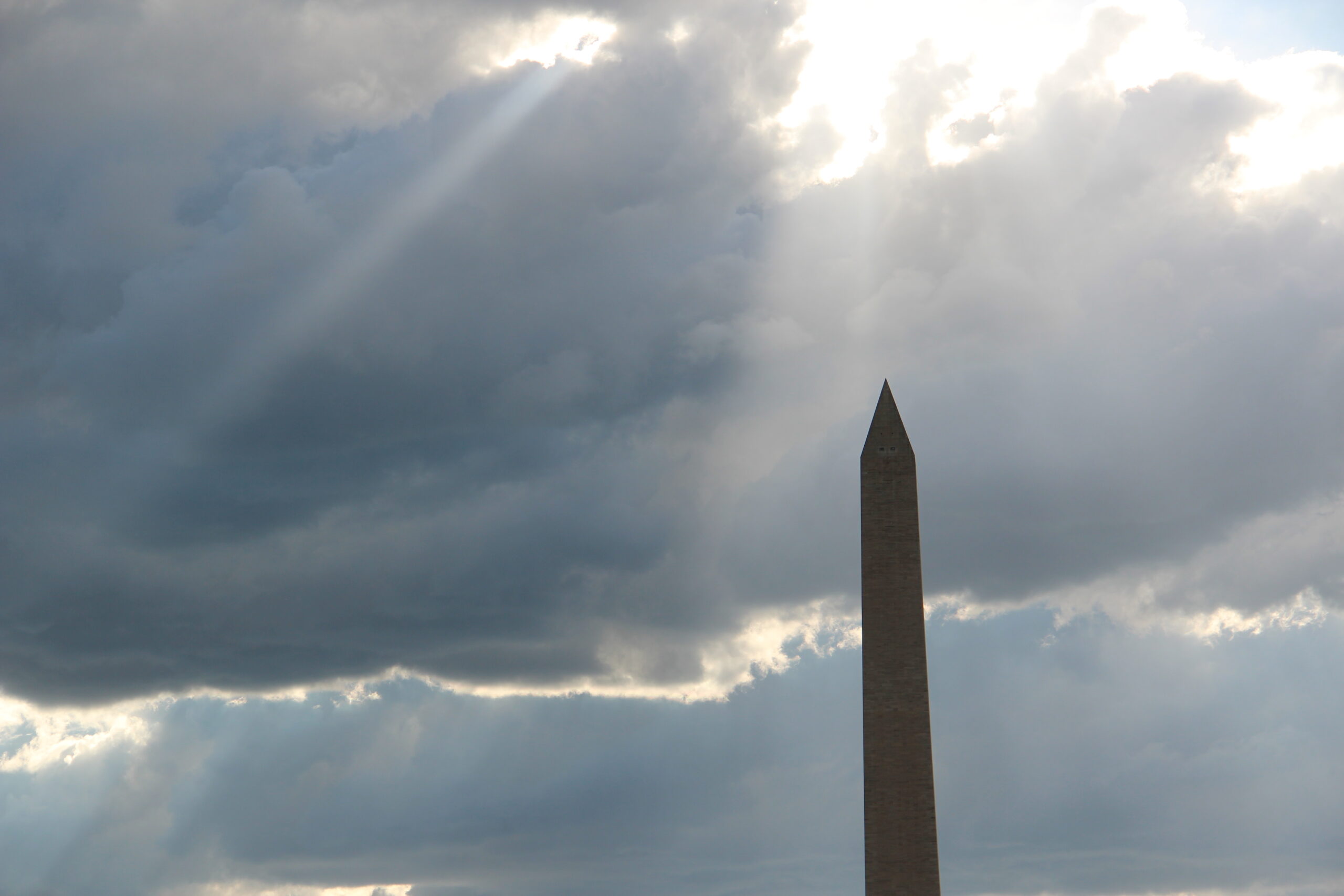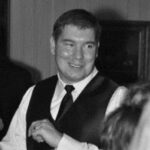Education
Citizen Nation: An Intimate Look at Students and Teachers
Previewing the PBS miniseries Citizen Nation, an attempt to reawaken an appreciation for history and civics in America.

Feeling down about the state of American politics? Citizen Nation, a four-part documentary series premiering on PBS this week, provides a dose of civic inspiration that will leave you feeling optimistic about the future of our democracy.
What does Citizen Nation intend to show?
Produced by the nonprofit RetroReport, Citizen Nation follows several groups of teenagers over ten months across eight states as they prepare to compete in the nation’s premier civics competition, We the People: The Citizen and the Constitution.
An initiative of the Center for Civic Education, We the People challenges students to engage with the U.S. Constitution and develop a deeper understanding of democratic principles. In district and state competitions, student groups make a four-minute oral argument on a constitutional issue. Volunteer judges—often educators, lawyers, or civic leaders—then grill them with questions in the style of a congressional hearing, assessing how well students understand constitutional principles, historical context, and their modern implications.
Like the 2002 Academy Award-nominated documentary Spellbound, which followed students as they prepared to compete in the Scripps National Spelling Bee, Citizen Nation is full of high-stakes drama, concluding with a thrilling championship showdown on Capitol Hill. But it is the intimate behind-the-scenes look at students’ and teachers’ lives outside the competition that makes Citizen Nation so compelling.
Kyra Darnton, executive producer of Citizen Nation, notes: “Our journalists were embedded in the students’ lives for months, and that gave us the opportunity to understand the issues they are confronting today and how they are thinking about the future.” To their credit, the RetroReport team didn’t focus only on the wealthy, high-achieving schools that tend to dominate competitions like We the People.
Episode by episode
The first episode focuses on Sistersville, West Virginia, a poor community hit hard by opioid addiction. There we meet Izzy and Layla, high school seniors who worry about how their families will be able to afford college.
A later episode focuses on Las Vegas, where we meet Elizabeth and Ethan, children of Nigerian and Thai immigrants, respectively, who often approach issues from opposite ends of the political spectrum. Ethan becomes valedictorian. Elizabeth decides to pursue a career in criminal justice reform to avenge her father, a college professor who was falsely accused of murder and imprisoned for two years for a crime he didn’t commit.
Cheyenne, Wyoming, offers perhaps the most inspiring storyline, with students Mario and Elias. Mario is a very bright 18-year-old whose parents have returned to Mexico. He lives with his older brother and his friends, rarely shows up at school, and makes other bad choices. Elias, who participates in ROTC and plans to join the Air Force, is a self-described libertarian who wants the government to leave him alone but does want it “to pay for my college.”
Citizen Nation offers an interesting look at Gen Z students. Perhaps because We the People forces students to examine issues from multiple viewpoints, these Gen Z students seem less partisan, less dogmatic, and more willing to consider the arguments of the other side than older generations.
Reawakening love for the Constitution?
In Citizen Nation, issues often do not play out on a binary, left-right political spectrum. Right-leaning students question absolutist interpretations of the Second Amendment. Left-leaning students question whether the federal government has grown too powerful and see the value in federalism.
In the last episode of the series, students and teachers highlight the transformative impact of the We the People program. “I didn’t know that much about the Constitution. I was very anti-Constitution…. I was like, ‘Why are we listening to all these old men who lived in the 1700s?’ ” states Natalie from Grant High School in Portland, Oregon. “But as I grew more engrossed in the history of it, I realized that some of the ideals were very beautiful.”
The real heroes of Citizen Nation are the teachers. At great personal sacrifice, they spend many extra, unpaid hours each week preparing their students for the competition. Especially inspiring is Erin Lindt, a teacher at the under-resourced South High School in Cheyenne, who pours her heart into her students, which causes problems in her marriage.
By highlighting the dedication, grace, and civic-mindedness of these remarkable educators, Citizen Nation offers a subtle commentary on the recent attacks on history and civics teachers and the need for more programs like We the People that engage students in meaningful discussions about our democracy.
Citizen Nation says we can keep our republic
Upon exiting the Pennsylvania State House on the last day of the Constitutional Convention in 1787, history records that Benjamin Franklin was asked what sort of government the delegates had created. “A republic, if you can keep it,” he responded. Citizen Nation offers hope that maybe we can.
This article was originally published by RealClearEducation and made available via RealClearWire.
Charles Sahm is the assistant director of development at the Gilder Lehrman Institute of American History.
-

 Accountability2 days ago
Accountability2 days agoWaste of the Day: Principal Bought Lobster with School Funds
-

 Constitution2 days ago
Constitution2 days agoTrump, Canada, and the Constitutional Problem Beneath the Bridge
-

 Executive19 hours ago
Executive19 hours agoHow Relaxed COVID-Era Rules Fueled Minnesota’s Biggest Scam
-

 Civilization18 hours ago
Civilization18 hours agoThe End of Purple States and Competitive Districts
-

 Civilization4 days ago
Civilization4 days agoThe devil is in the details
-

 Civilization3 days ago
Civilization3 days agoThe Conundrum of President Donald J. Trump
-

 Executive4 days ago
Executive4 days agoTwo New Books Bash Covid Failures
-

 Executive4 days ago
Executive4 days agoThe Israeli Lesson Democrats Ignore at Their Peril








